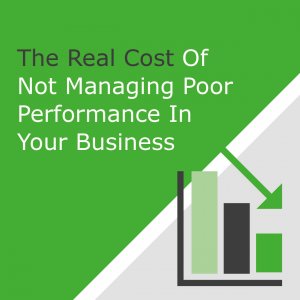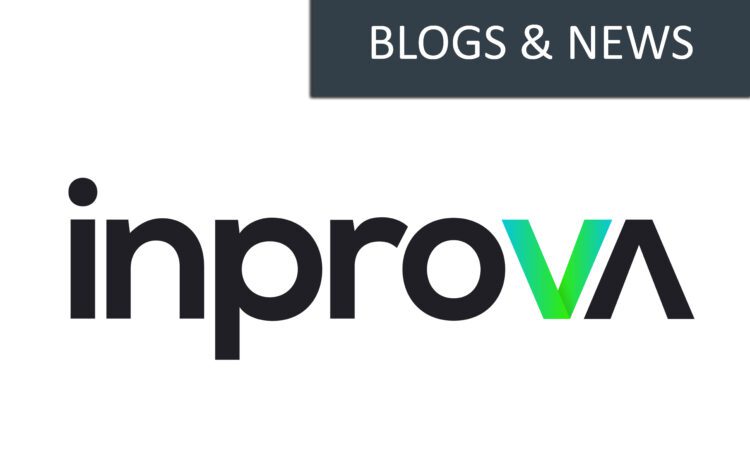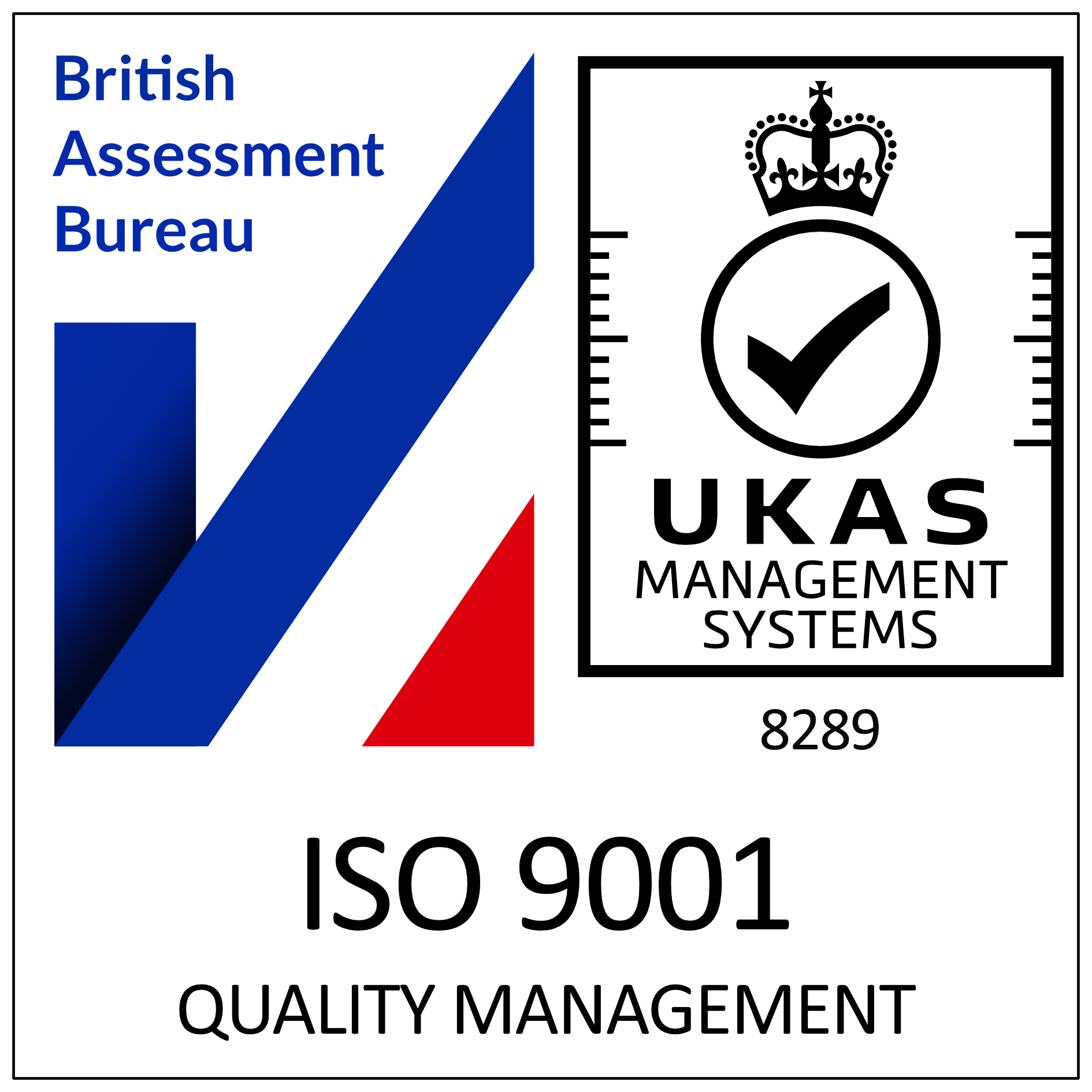The real cost of not managing poor performance can be eye-watering. The poor performance of one individual can have a damaging, ripple effect across your entire business. This can result in a widespread loss of motivation, productivity and a decrease in customer satisfaction. Other employees may become disengaged and resentful, leading to an increase in absence and staff turnover.

In order to realise the real cost of failing to manage poor performance, consider both the hard and soft cost implications. Continue reading to find out more.
1. Loss Of Productivity
A considerable amount of time can be lost by a surprising number of employees as a result of not managing poor performance. Firstly, the poor performer themselves. You’ll still be paying them their salary even whilst they are not performing at the expected level of delivering the expected outputs and results.
Other employees may also try to overcompensate by doing more and over-delivering. This creates a vicious circle which will often lead to resentment, exhaustion and to them becoming disengaged. Chances are, you’ll end up faced with more than one occurrence of poor performance or sickness absence to manage.
Additionally, your line managers are on the front line and will be trying to figure out how to improve the performance of their direct reports. They’ll probably also need to manage the impact of the poor performer across their wider team. This will be time-consuming and will distract them from their day job.
If you have a HR manager or team, they will be called upon by the line manager and leaders to come up with a plan to manage the poor performer. If the performance management process does not work, it’ll be the HR manager who will then need to spend time coordinating the leaver’s process. This includes managing any complaints and tribunals which occur as a result.
2. Expensive Legal Fees
This brings us to our next point. If the non-performer starts any legal proceedings such as submitting a grievance claim, your business may also need to seek legal advice and representation which can be costly. Legal fees can quickly rack up, with employment tribunals costing businesses £12,000 on average.
3. Increased Recruitment Costs
If the non-performer is exited from the business, it is likely that they will need to be replaced by a new hire. On average, it costs £3,000 and 27.5 days to hire a new employee, let alone the time required to onboard and induct that new member of staff.
Think about the time lag in this process in terms of working time lost, as well as how long it takes for a line manager to train them before they get up to full speed. Think also about any other associated recruitment costs such as agency fees, job boards, test fees, screening fees etc. Your HR manager or internal recruiter will also need to spend time running the process which should be considered.
4. Decline In Sales Revenue
It can be really difficult to protect your end client from the impact of poor performance in your business. This can lead to a reduction in customer satisfaction and ultimately can result in a loss of customers and/or orders which will clearly impact your bottom line and the security of your business.
5. Damage To Your Brand
This may be a surprise but not managing poor performance can have a negative, long-lasting impact on the external perception of your brand. Bad news spreads fast and this can be the case both in terms of within the market you may be targeting to sell to and the talent pools you may try to hire from in the future.
It is inevitable that poor performers who don’t get back up to the standards expected will need to be exited from your business. As a result, they’re likely to be disgruntled if the process isn’t managed properly. As well as word of mouth, there are a number of platforms where they can make their gripes heard for all to see. This includes Glassdoor, Indeed, Feefo and social media channels. These are platforms that can also be accessed by new clients, potential partners or future talent. Remember, first impressions count!
Ultimately, your business will pay for the real cost of not managing poor performance. Productivity will suffer, to the detriment of strategic plans and goals. KPIs could be missed. Key milestones delayed. Customers lost. Managing poor performance can be challenging if you don’t know where to start. Download our free guide now to read about the 5 simple strategies you can implement in your business to manage performance issues with ease.










